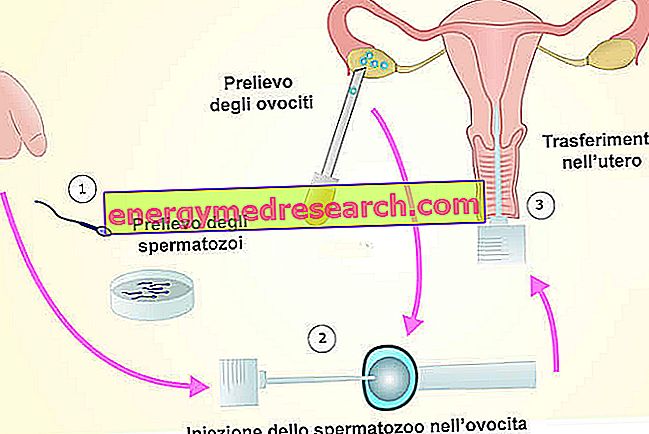Definition
PFAPA is a periodic febrile syndrome that usually occurs during infancy (note: PFAPA is the acronym of periodic fever with aphthous stomatitis, pharyngitis and adenite ).
At the moment, the etiology of the syndrome is not known.
PFAPA syndrome usually begins in early childhood (ages 2 to 5 years) and tends to be more frequent among males.
PFAPA is characterized by recurrent fever (generally greater than 38 ° C), accompanied by symptoms affecting the head and neck, such as sore throat, blisters and ulcers in the oral cavity and enlargement of laterocervical lymph nodes.

The syndrome may persist for several years: febrile episodes last from 3 to 6 days and are repeated approximately every 28 days.
PFAPA causes fatigue, chills and occasionally abdominal pain and headaches. Among the febrile episodes, patients present a state of good health and growth is normal.
The diagnosis of the syndrome is based on the clinical picture. The indexes of phlogosis (eg C-reactive protein and ESR) are elevated during a febrile episode, but not in the intercritical period.
Neutropenia, signs of the respiratory tree or other symptoms (such as diarrhea, rash and cough) are not observed in PFAPA syndrome; their presence suggests they are facing another pathology.
Treatment is optional and may include the use of antibiotics, corticosteroids, cimetidine and tonsillectomy (with or without adenoidectomy). Patients tend to heal without sequelae.
Most common symptoms and signs *
- strangles
- Oral aphthosis
- Asthenia
- Increase in the ESR
- Chills
- Abdominal pain
- Pharyngitis
- Temperature
- Sore throat
- Headache
- Mass or swelling in the neck



